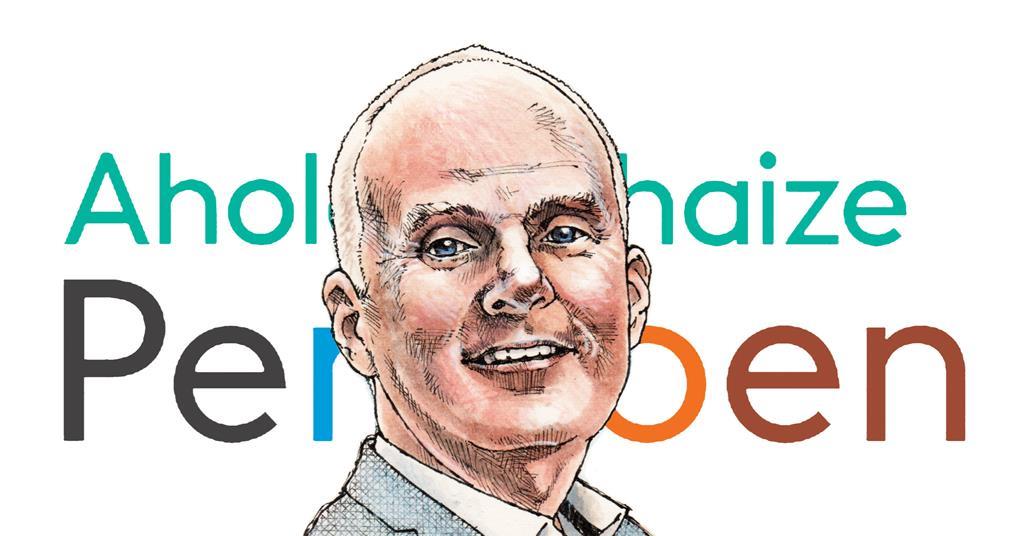




PME Pensioenfonds, a Dutch pension fund representing over 620,000 participants in the metals and technology industry, is reevaluating its €5 billion investment with BlackRock following the asset manager's recent exit from the Net-Zero Asset Managers Initiative (NZAM). This initiative, which aimed for net-zero emission portfolios by 2050, had 325 signatories managing a combined $57.5 trillion in assets. BlackRock's departure from the initiative in January 2025 has raised significant concerns about its commitment to sustainable investing, prompting PME to reconsider its relationship with the firm [6ece314f].
This decision by PME comes at a time when European investors are striving to uphold their environmental, social, and governance (ESG) commitments, even as some U.S. firms retreat from such initiatives. The exit of BlackRock from NZAM has led to the suspension of its activities, further intensifying scrutiny on the asset manager's dedication to sustainability [6ece314f].
In a broader context, other pension funds, such as PFZW and Ahold Delhaize Pension Fund, have been actively divesting from fossil fuel companies and enhancing their sustainable investments. PFZW recently completed a $3.02 billion divestment from fossil fuels, selling stakes in major oil companies like Shell and BP, while Ahold Delhaize Pension Fund has focused on reducing its carbon footprint and investing in renewable energy [52fdaacb][49942ad7].
The actions of PME, alongside those of other funds, highlight a growing trend among institutional investors to prioritize sustainability and hold asset managers accountable for their commitments to climate action. This shift reflects a broader movement towards responsible investing, as funds seek to align their portfolios with the goals of the Paris Climate Agreement and contribute to a sustainable future [9caf94e1][f0326d50].